Artificial Intelligence (AI) is rapidly transforming industries by automating tasks, enhancing workflows, and providing new levels of efficiency across various sectors. In the domain of DevOps, AI has emerged as a powerful force with the potential to improve the efficiency of deployments, reduce human error, and optimize system operations. However, the increasing presence of AI within DevOps raises an essential question: Is AI taking over DevOps, or is it simply a tool that enhances the capabilities of DevOps professionals?
This question highlights the balance that must be struck between the automation AI provides and the irreplaceable human insight and decision-making that DevOps professionals offer. The reality is that AI and DevOps can coexist in a complementary manner, creating a hybrid model that enhances both technical operations and human judgment. By integrating AI into the workflow, DevOps teams can drive higher efficiency, improve system reliability, and deliver better software quality.
In this article, we will delve deeper into how AI is reshaping the landscape of DevOps, the opportunities and challenges of integrating AI into these workflows, and provide real-world case studies that demonstrate the transformative potential of AI in DevOps practices.
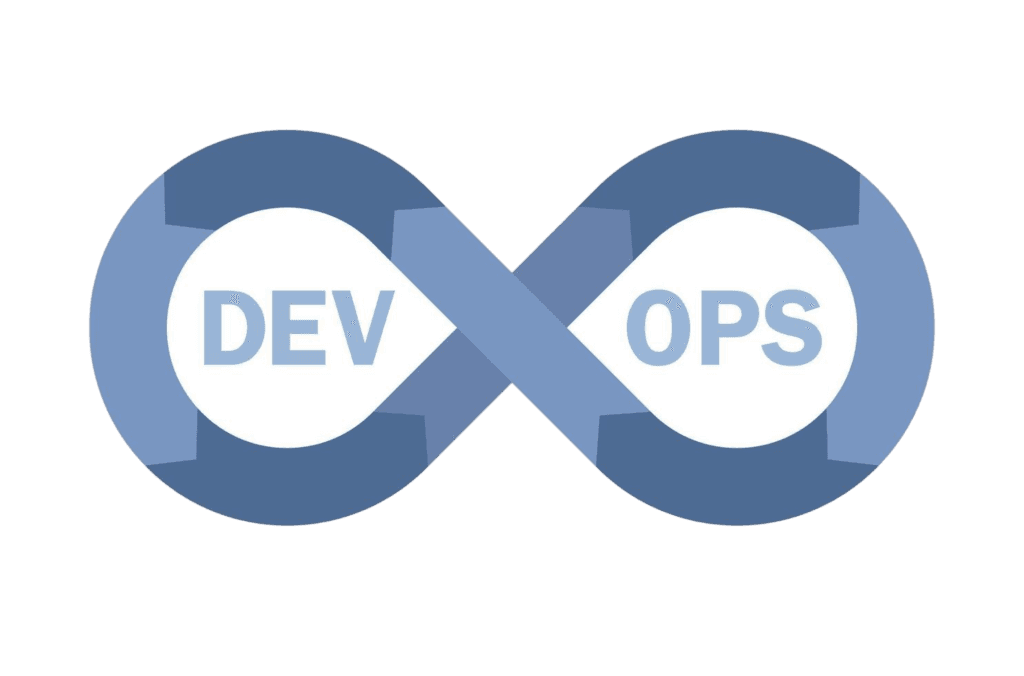
The Role of AI in DevOps Today
AI’s role in DevOps is already significant, impacting various aspects of the workflow. From automating repetitive tasks to predicting system failures and optimizing performance, AI tools have become an essential part of the DevOps toolkit. Let’s explore some of the primary ways AI is already shaping DevOps.
1. AI-Driven Automation
Automation is the foundation of DevOps, and AI elevates this by making automation processes more adaptive, intelligent, and efficient. Traditional automation tools often require heavy scripting and static configurations, but AI-driven solutions introduce the following capabilities:
- Optimizing Deployment Schedules: AI analyzes historical deployment data to predict optimal release windows, reducing downtime and minimizing the impact of errors during deployments.
- Root Cause Analysis: AI tools can analyze system failures and instantly determine their root causes, allowing teams to fix issues quickly without manual intervention.
- Dynamic CI/CD Pipelines: AI enables continuous integration and deployment (CI/CD) pipelines to adapt to changing conditions, adjusting the flow of code through automated tests and stages based on real-time data and issues detected in the system.
- Self-Adjusting Pipelines: AI enhances deployment pipelines, making them more resilient by self-correcting and optimizing processes during runtime, thus reducing manual errors.
2. Intelligent Monitoring and Incident Management
AI-powered monitoring systems go beyond traditional monitoring tools by providing real-time insights and predictive analytics to prevent system failures before they occur. Some key features include:
- Anomaly Detection: AI-driven platforms like Datadog and Splunk use machine learning to detect subtle patterns in the data that could indicate potential issues. These platforms can identify anomalies early, alerting teams to address problems before they escalate.
- Predictive Analytics: By analyzing historical system data, AI can predict system degradation or potential failures, allowing teams to take proactive actions before users are impacted.
- Automated Incident Response: AI can automatically respond to incidents by performing tasks such as restarting services, scaling resources, or rolling back deployments. This reduces downtime and increases system reliability.
- Enhanced Log Analysis: AI can sift through large volumes of logs to identify hidden patterns and trends, helping to pinpoint underlying causes of failures and offering solutions based on past events.

3. Enhancing Security with AI
The increasing sophistication of cybersecurity threats has made traditional approaches to security less effective. AI enhances security within DevOps by offering the following capabilities:
- Real-Time Vulnerability Detection: AI-powered security tools can scan codebases and infrastructure in real time, identifying vulnerabilities and potential threats that would be difficult for human analysts to spot.
- Automated Compliance: AI tools can ensure that software and systems adhere to industry regulations and standards such as GDPR and SOC2 by automating compliance checks and continuous monitoring.
- Anomaly Detection in Network Traffic: AI algorithms can analyze network traffic to identify suspicious patterns and mitigate potential security breaches before they can cause significant damage.
- Behavioral Analytics: AI systems can track and analyze user behaviors, identifying deviations from normal patterns to detect potential insider threats or compromised accounts.
4. AI-Powered Testing and Quality Assurance
Testing is another critical area where AI has had a transformative impact. While automated testing has been a staple of DevOps for years, AI has taken it to the next level:
- Dynamic Test Case Generation: AI can generate test cases based on code changes, ensuring that new features and updates are thoroughly tested in various scenarios, even before developers write manual tests.
- Test Failure Pattern Recognition: AI tools can analyze patterns in test failures, helping development teams pinpoint the most common causes of failures and optimize the testing process.
- Chaos Engineering Enhancement: Companies like Netflix use AI to drive chaos engineering, simulating failures in a controlled environment to ensure system resilience. AI helps create more realistic simulations that improve the system’s ability to recover from unexpected failures.
- Reinforcement Learning for Test Optimization: AI can continuously learn from previous tests and adapt its strategy, ensuring that the most effective and comprehensive testing strategies are applied.
5. AI for Code Optimization and Developer Productivity
AI tools are also making an impact on developer productivity by assisting with code optimization and streamlining the development process:
- Code Refactoring: AI can suggest improvements to code, identify areas for refactoring, and recommend optimizations that improve both performance and readability.
- Technical Debt Prediction: By analyzing historical code patterns, AI can predict areas that are likely to accumulate technical debt, helping teams to address issues early before they become significant problems.
- AI-Assisted Pair Programming: Tools like GitHub Copilot leverage AI to assist developers by suggesting code snippets, reducing the time spent writing boilerplate code and increasing overall productivity.
- Automated Documentation Generation: AI tools can automatically generate documentation for code changes, saving developers time and ensuring that codebases are always properly documented.
Challenges in AI Adoption for DevOps
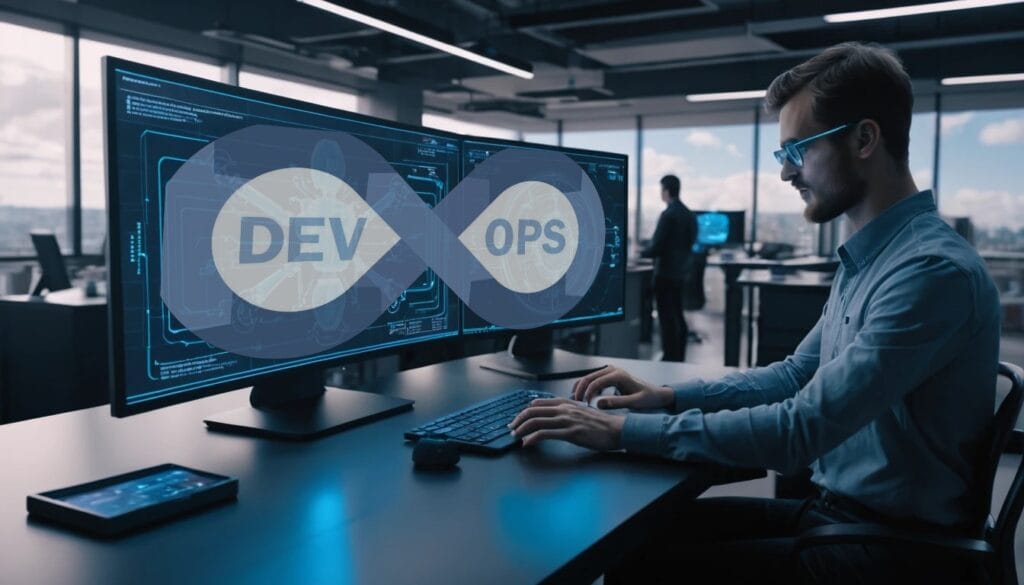
Despite its potential, AI adoption in DevOps comes with significant challenges. Here are some of the major obstacles organizations must overcome:
1. Skill Gap and Expertise Shortage
AI-driven tools and techniques require a deep understanding of machine learning, AI analytics, and data science. However, a 2023 survey revealed that 62% of organizations are struggling with AI adoption due to a lack of in-house expertise. DevOps teams must invest in upskilling their workforce in:
- Machine Learning Concepts: Teams need to understand the principles of machine learning and how to apply them in a DevOps context.
- AI-Driven Tools: Familiarity with AI-enhanced analytics and monitoring platforms is essential for effective use of AI in DevOps workflows.
- Ethics and Bias Mitigation: As AI systems become more influential in decision-making, DevOps teams need to address concerns around algorithmic bias and fairness.
- AI Model Development and Maintenance: Building and maintaining AI models that integrate seamlessly with existing DevOps pipelines is a critical skill for AI integration.
2. Data Quality and Integration Issues
AI relies heavily on high-quality data for accurate predictions and insights. However, integrating AI into existing DevOps workflows presents several challenges related to data:
- Fragmented Data: DevOps tools often store data in silos, making it difficult to create a cohesive data set for AI-driven analysis.
- Data Hygiene: Poor-quality or incomplete data can lead to inaccurate insights, undermining AI’s effectiveness in predicting and preventing system failures.
- Integration Complexities: The integration of AI models into DevOps pipelines often requires significant adjustments to existing workflows and infrastructure.
- Data Silos: When data is stored in isolated systems, it becomes challenging for AI tools to analyze and provide holistic insights across the entire workflow.
3. Scalability and Infrastructure Costs
Implementing AI-driven solutions requires substantial computational power, which can drive up costs, especially for organizations scaling their DevOps operations:
- Cloud Infrastructure Costs: AI models often need powerful cloud infrastructure to handle the computational load, which can lead to increased operational costs.
- Scalability Challenges: As organizations scale, they need AI models that can handle larger data sets and more complex workflows without overwhelming existing systems.
- Optimization Strategies: Balancing AI’s resource-intensive demands with cost-effective infrastructure management is a critical challenge for enterprises adopting AI-driven DevOps solutions.
4. Ethical and Regulatory Concerns
AI adoption raises ethical questions that organizations must address, such as:
- Transparency in AI Decision-Making: It is essential to ensure that AI systems are transparent, with clear explanations of how they reach certain decisions.
- Bias in AI Models: AI systems can inadvertently introduce biases into DevOps workflows, affecting outcomes like deployment decisions, test results, and incident management.
- Regulatory Compliance: Organizations must ensure that their AI systems comply with industry regulations such as GDPR, SOC2, and others, especially when handling sensitive data.

Case Studies: AI in Action in DevOps
To better understand how AI is being implemented in DevOps workflows, let’s explore some notable case studies:
Case Study 1: Netflix and AI-Driven Chaos Engineering
Netflix has been a trailblazer in AI-driven DevOps, using AI for:
- Chaos Engineering: Netflix employs AI to simulate real-world failures, testing system resilience in a controlled environment.
- Predictive Scaling: AI helps Netflix dynamically adjust server resources to ensure optimal performance during peak demand periods.
Case Study 2: Google’s AI-Enhanced Continuous Deployment
Google is one of the pioneers in deploying AI within its DevOps processes:
- Automated Canary Analysis: Google uses AI to analyze canary deployment results, determining whether new code changes are stable enough to roll out to a wider audience.
- Site Reliability Engineering (SRE): AI assists Google’s SRE teams in optimizing uptime and performance, ensuring a seamless user experience.
Case Study 3: Tesla’s AI-Driven Software Updates
Tesla integrates AI into its software deployment process:
- Over-the-Air (OTA) Updates: Tesla delivers seamless OTA updates to its fleet using AI to manage the deployment and optimize vehicle performance.
- Predictive Maintenance: AI analyzes data from Tesla vehicles, predicting maintenance needs and minimizing unexpected breakdowns.
Case Study 4: AI-Driven Security at Microsoft
Microsoft has integrated AI into its DevOps security protocols:
- AI-Driven Threat Intelligence: AI tools help Microsoft identify and mitigate cyber threats in real-time.
- Automated Security Patch Deployment: AI automates security patch management across Microsoft’s global cloud infrastructure, enhancing efficiency and reducing vulnerabilities.
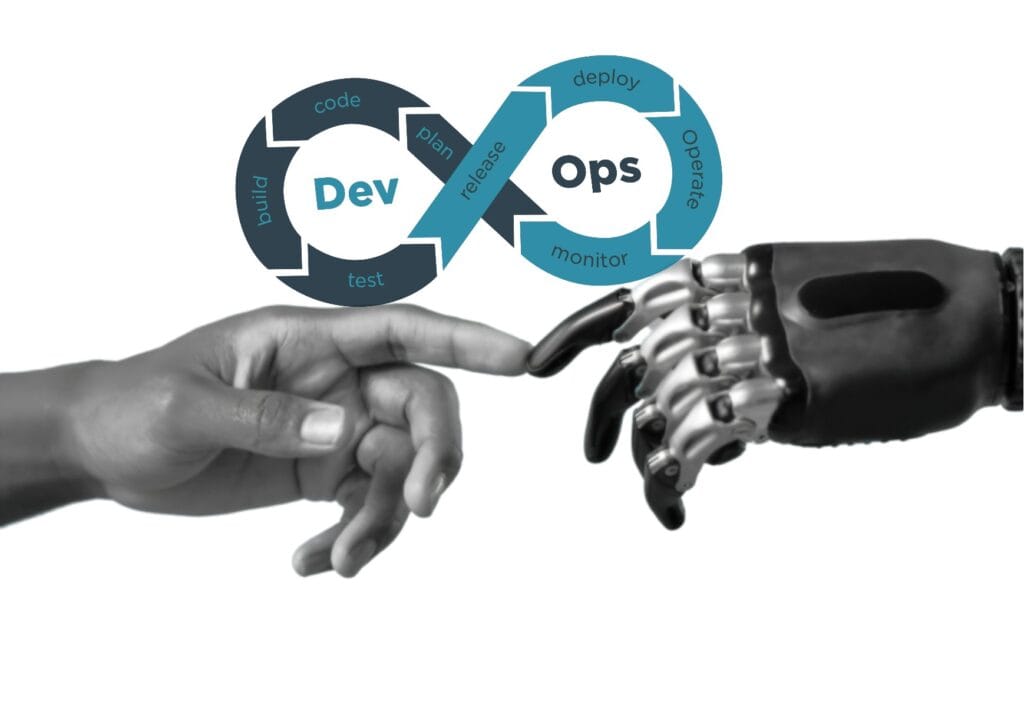
The Future of DevOps in the Age of AI
Looking ahead, AI will continue to shape the future of DevOps, leading to several important trends:
1. AI-Augmented DevOps Teams
Rather than replacing human engineers, AI will augment their capabilities. High-performing DevOps teams will leverage AI to:
- Automate Repetitive Tasks: Allowing human engineers to focus on strategic decision-making.
- Optimize Deployment Pipelines: AI will help optimize deployment cycles, reducing time and errors.
- Collaborate with AI Assistants: AI will assist in coding and debugging, allowing engineers to work more efficiently.
2. Adaptive DevOps Pipelines
AI will create more intelligent and adaptive DevOps pipelines:
- Self-Healing Infrastructure: AI will automatically detect and fix issues before they impact users.
- AI-Powered Decision-Making: AI will help teams make more informed release management decisions.
- Continuous Learning Pipelines: AI systems will continuously improve DevOps processes by analyzing results and refining practices.
3. Ethical and Responsible AI in DevOps
As AI’s role expands, organizations will need to consider:
- Ensuring Fairness: Preventing AI from introducing biases into critical DevOps processes.
- Transparency: Ensuring that AI’s decision-making is understandable and explainable.
- Accountability Frameworks: Establishing clear accountability for AI-driven decisions in DevOps workflows.
Final Thoughts: AI and DevOps – A Collaborative Future

AI is not taking over DevOps, it is here to empower it. The future of DevOps will be about humans and AI working together to create more efficient, reliable, and scalable systems. AI enhances automation, improves decision-making, and optimizes workflows, but human expertise remains essential in driving the culture, making strategic decisions, and solving complex problems.
The question isn’t whether AI will take over DevOps, but rather how organizations can best integrate AI to unlock the full potential of their DevOps teams. By embracing AI as a tool to augment human capabilities rather than replace them, organizations can navigate the future of DevOps with greater agility, innovation, and success.


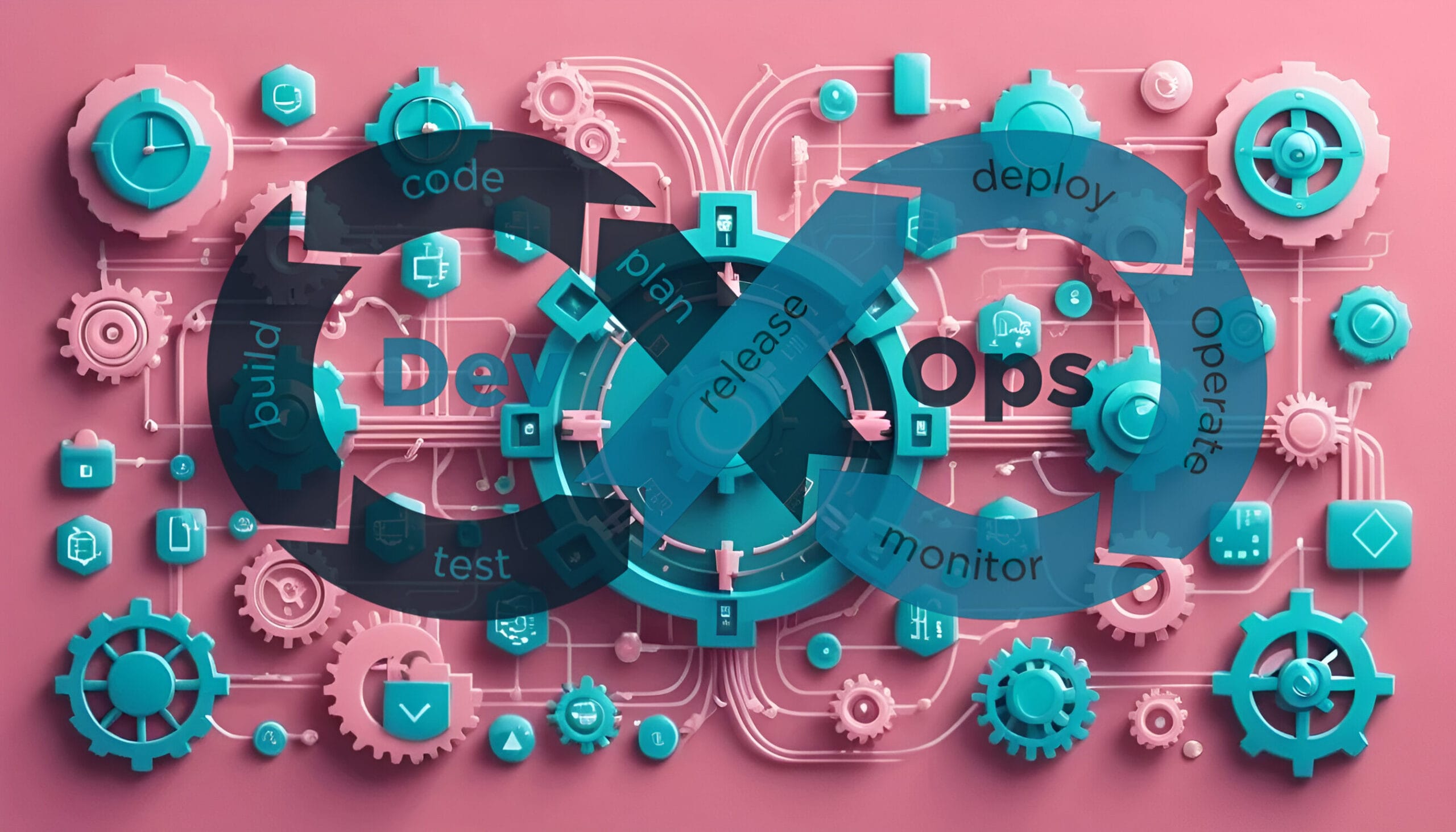
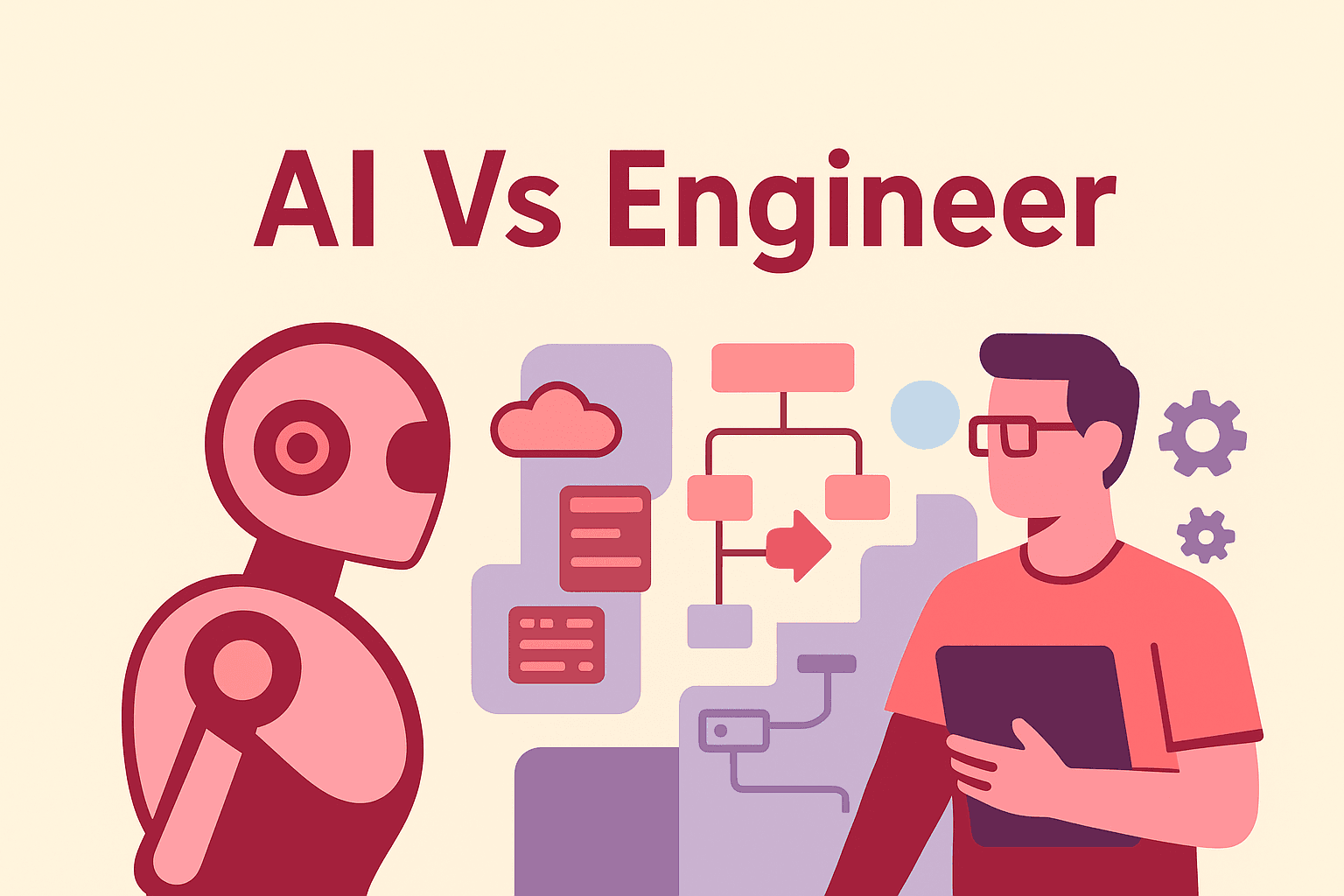

[…] of automation is evolving rapidly with the advent of Artificial Intelligence; understanding how AI augments DevOps capabilities will be another critical frontier for professionals in this space. The world of DevOps is vast and ever-evolving, but it is unequivocally open to anyone willing to […]